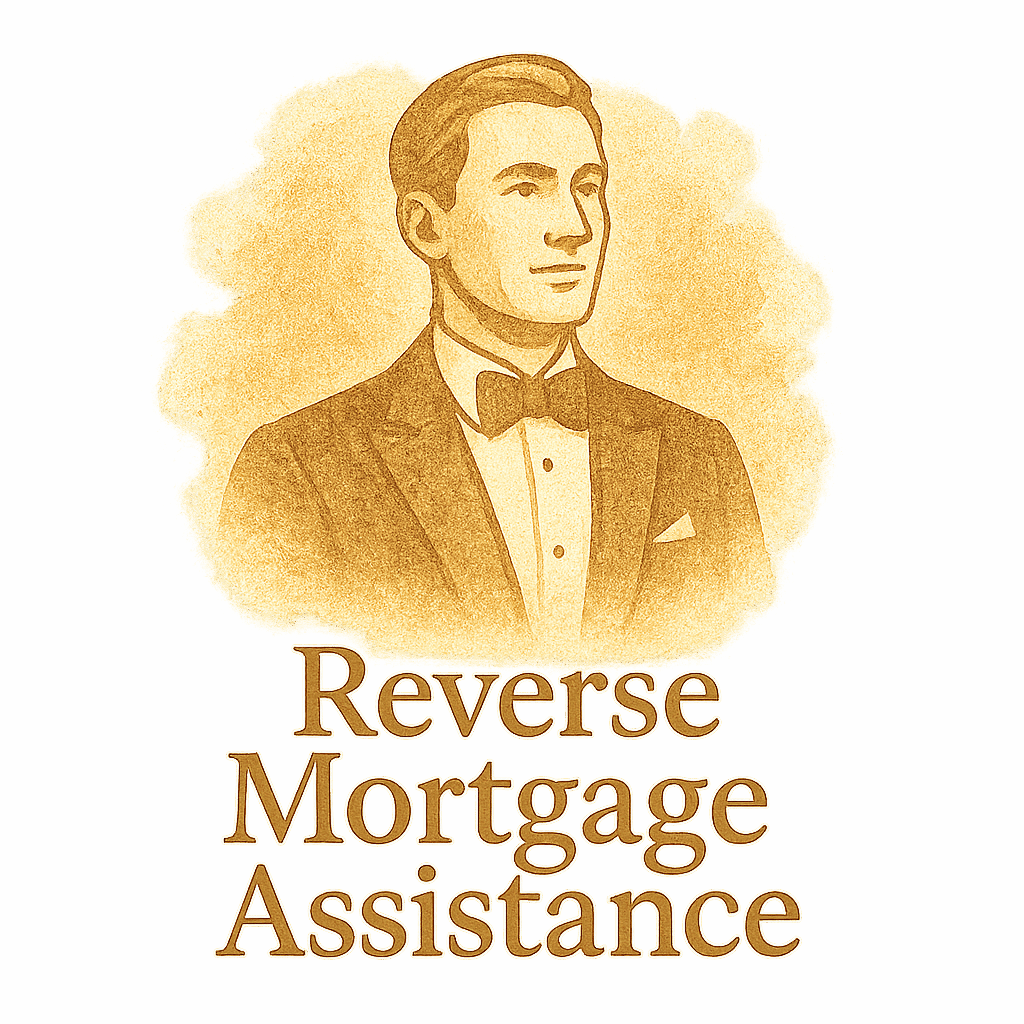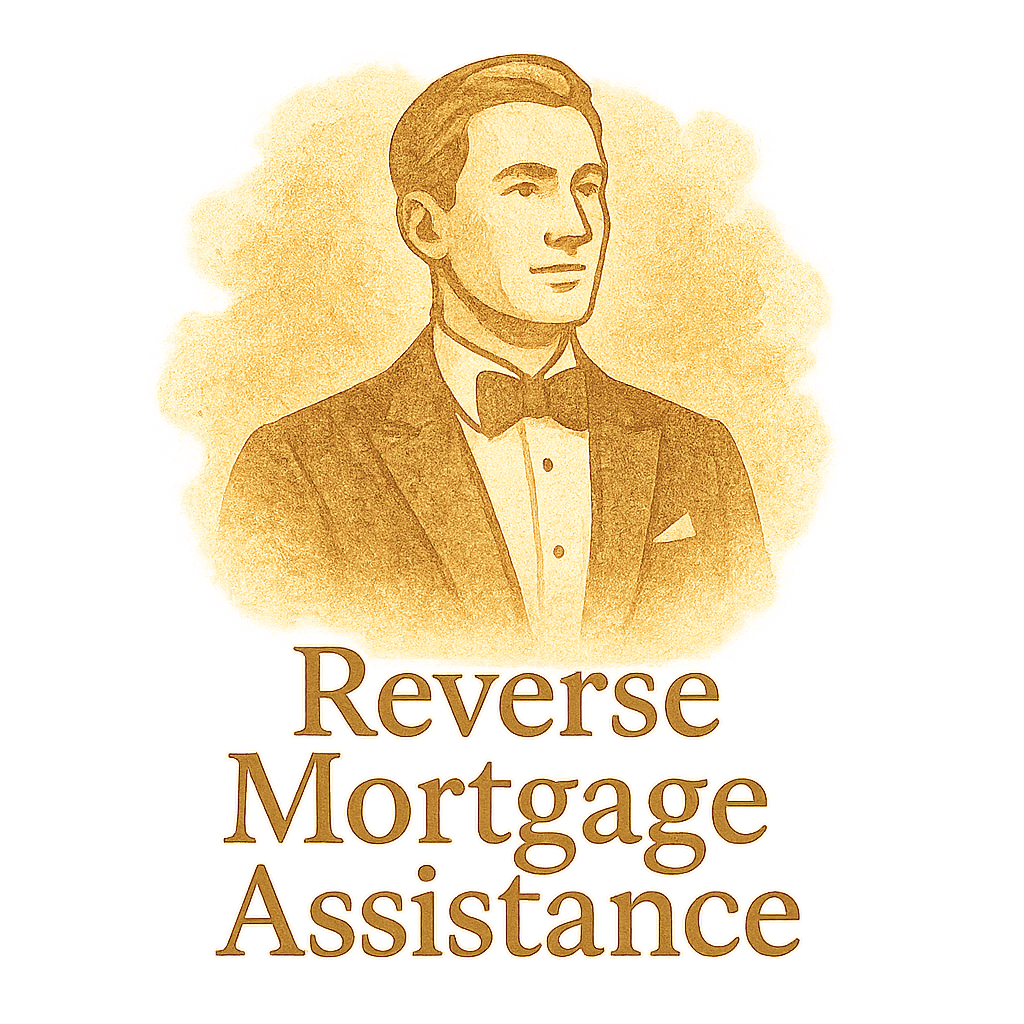Introduction
If you’re considering a reverse mortgage, it’s natural to wonder—who’s actually making sure providers play by the rules? Reverse mortgages can offer financial relief for seniors, but they also come with complex legal frameworks. Thankfully, there are several regulatory bodies that oversee this industry to protect consumers, especially older adults.
In this article, we’ll unpack the 5 regulatory bodies that oversee reverse mortgage providers, break down their roles, and show you how they help maintain transparency, ethics, and consumer protection.
Why Regulation Matters in the Reverse Mortgage Industry
Reverse mortgages, especially the federally insured Home Equity Conversion Mortgages (HECMs), involve complicated financial products. These loans allow homeowners—usually seniors—to tap into their home’s equity. Sounds convenient, right? But without proper oversight, seniors could be misled, overcharged, or left vulnerable.
That’s where regulation swoops in. Agencies and authorities provide the legal and operational framework for lenders and protect you from hidden traps. Whether it’s loan comparison standards or mandatory counseling, these checks help reduce risks and uphold ethical lending.
1. Consumer Financial Protection Bureau (CFPB)
What is the CFPB?
The Consumer Financial Protection Bureau (CFPB) was born after the 2008 financial crisis to prevent predatory practices and protect consumers in financial markets.
Role of CFPB in Reverse Mortgages
The CFPB’s role in reverse mortgages is twofold: regulation and education. It monitors lenders for compliance with federal laws like Truth in Lending Act (TILA) and Real Estate Settlement Procedures Act (RESPA).
You can find more on how these laws affect reverse mortgage planning at the Mortgage Planning page.
CFPB and Senior Protection
CFPB has a dedicated team focusing on older Americans. They publish alerts, provide guides, and investigate complaints related to reverse mortgages. You can also learn about common mortgage myths and truths through their collaborative reports: Mortgage Myths & Truths.
2. Federal Housing Administration (FHA)
Understanding FHA’s Role in HECM
FHA is a division of the U.S. Department of Housing and Urban Development (HUD), and it insures most reverse mortgage loans under the HECM program.
How FHA Sets Guidelines for Reverse Mortgages
They create underwriting standards, loan limits, and servicing rules. Without FHA’s backing, lenders might refuse reverse mortgage loans or offer them with sky-high fees.
FHA’s Impact on Loan Servicing
They also require lenders to follow ethical servicing guidelines. For more information, see our section on Loan Comparison to better understand your FHA-insured options.
3. Department of Housing and Urban Development (HUD)
HUD’s Oversight and Compliance Functions
HUD acts as the primary policymaker and enforcement agency for reverse mortgage programs. They establish laws and monitor how well lenders and brokers follow them.
Education and Counseling Requirements by HUD
One of HUD’s biggest contributions? Mandatory reverse mortgage counseling. Borrowers must complete a counseling session with a HUD-approved counselor before finalizing a loan. This is one of the foundations of responsible reverse mortgage basics (Reverse Mortgage Basics).
Legal Guidelines Backed by HUD
HUD mandates everything from legal disclosures to how home equity is calculated. You can explore legal and regulatory concerns that HUD enforces.

4. State Regulatory Authorities
State Licensing Requirements
Every state has its own lending laws. Lenders must be licensed and comply with local financial service regulations.
Audits and Investigations by State Bodies
State bodies regularly audit lenders, investigate complaints, and take action when laws are violated. These investigations can lead to license suspensions or even shutdowns.
Variations in State-Level Reverse Mortgage Laws
Some states impose extra protections for seniors. Others might require additional disclosures or limit certain loan features. That’s why understanding your state’s stance is essential. Tags like Contracts and Equity help explain the finer details.
5. Financial Industry Regulatory Authority (FINRA)
FINRA’s Influence on Investment-Backed Reverse Mortgages
While not a government agency, FINRA plays a big part in regulating financial advisors. This is crucial when advisors pitch reverse mortgages as part of retirement planning.
Education Resources Provided by FINRA
FINRA offers guides, alerts, and training for advisors and seniors alike. If your financial planner suggests a reverse mortgage, they should follow FINRA’s ethical standards.
Investor and Consumer Alerts Issued by FINRA
Alerts warn against aggressive or misleading sales tactics. If you’re curious, many of these topics are also explored in tagged case studies.
The Role of Legal and Compliance Standards
Contracts and Legal Clarity
Contracts must spell out every term—fees, interest, equity usage. Regulation ensures these aren’t buried in jargon. Learn more from our Legal Terms section.
Transparency and Disclosure Regulations
Lenders are required by law to provide you with Truth-in-Lending statements and loan estimates. This transparency is enforced by several regulatory bodies.
Regulatory Gaps and How They’re Addressed
No single agency covers everything. But together, the CFPB, FHA, HUD, states, and FINRA fill in those gaps. From counseling requirements to disclosure forms, each one plays a crucial part.
Reverse Mortgage Planning and Comparison Tools
Importance of Due Diligence for Seniors
Reverse mortgages aren’t one-size-fits-all. Seniors must evaluate how a loan affects their retirement, taxes, and estate.
Use of Loan Comparison Tools
Comparison tools help evaluate interest rates, loan types, and total costs. You can try the official tools listed on our Loan Comparison page.
Internal Resources for Better Outcomes
Visit our Mortgage Planning section to understand how to integrate reverse mortgages into your long-term financial goals.
Common Myths and Regulatory Realities
Debunking Misconceptions
No, lenders don’t “take your house” when you pass. That’s a myth. Reverse mortgages allow heirs to sell or refinance the home.
Truths Backed by Regulatory Oversight
With multiple agencies involved, oversight reduces bad actors in the industry. For more truth bombs, see Mortgage Myths & Truths.
Conclusion
Understanding the regulatory bodies that oversee reverse mortgage providers is the key to making informed decisions. From the CFPB’s consumer watchdog role to HUD’s counseling mandates, these agencies help make sure you’re treated fairly.
So if you’re considering unlocking your home’s equity, don’t just look at the numbers—consider the oversight protecting your investment and your future.
FAQs
1. What is the main role of the CFPB in reverse mortgages?
The CFPB protects consumers from fraud and enforces fair lending practices. They also educate seniors on safe borrowing.
2. How does FHA ensure safe reverse mortgage practices?
FHA insures loans under the HECM program and sets national lending standards to ensure transparency.
3. Do I need to attend a counseling session before getting a reverse mortgage?
Yes, HUD requires a counseling session with a certified advisor to make sure you understand the terms.
4. Are reverse mortgage rules the same in every state?
No. States have different rules, licensing requirements, and consumer protections. Always check your state’s regulations.
5. Is FINRA a government agency?
No. But it’s a non-governmental body that regulates brokers and financial advisors to prevent misleading advice.
6. Can I compare reverse mortgage loans easily?
Yes. Use online loan comparison tools to assess your options.
7. Where can I learn more about reverse mortgage basics?
Head over to our comprehensive Reverse Mortgage Basics guide.


